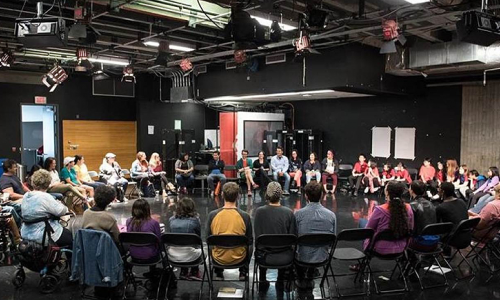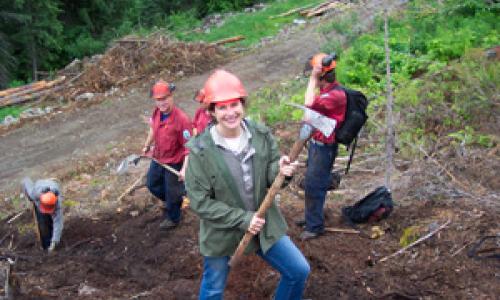
Every job has its slow days every once in a while. Sometimes, it can be a day where you find yourself running out of work to do. Other times, you are waiting for feedback on project you are currently working on and can't move forward without that feedback. That can often leave you with free time which may make you feel bored and unproductive. So how do you make the most of a slow day at work? Here are 5 ways you can get through a slow day while being productive.
1. Be Present and Stay Present
Having a less busy day with more free time does not mean you have the right to go home early or to arrive late to work. Your team members are still counting on you, so be present at work and show up for when you are expected to be. You might have a quiet lull in workload but more work can come anytime. When that new set of assignments comes by, you have to be present to be ready for it.
2. Ask for Work
The simplest thing to do when you see your workload is empty is to let your supervisor or manager know. Talk to them about your situation and ask for more work to do. If they can not come up with something immediately, talk to your colleagues and team members. They may ask you to do simple stuff such as an updated drawing, check BOM (Bill-of-material) or solder some wire. But, hey, at least you have some work to do!
Also, you are showing to your team you are interested in improving and enhancing your skillsets by asking for more work. How do you know that those simple skills and experiences will not help you in your future career?
I used to ask the marketing department if I can help them with anything (even though I am working for engineering department) and they gave me some PCB modification work to do that help me improve my soldering skill significantly. Of course, you should inform your supervisor first before spend time helping another department just in case they will need your help soon.
3. Read Project Documents
Reading and learning is always a good thing to do, especially when you have a great professional resource like your company’s design. Try to understand why an engineer prefers some IC chips over another in that specific application, how do they come up with their design and what does that transistor does in the circuit. If you are getting stuck at some point, ask your colleagues, as they are the best teachers in this case. You can even try to find the project prototype to do some experiments or re-assemble the product to have a better understanding of it. Eventually, you will pick up some new knowledge or even find a way to improve the previous project, which may contribute greatly to your company.
4. Practice Your Skills While Waiting
Practice, practice, and practice in order to sharpen your skillsets. Re-draw a complicated design that your co-worker does on SolidWorks. Or, update the component library on Altium Designer. You can even re-design a project you worked on before to improve your design skills. For me, engineering work is not only about come up with new design, but it is also about improving your existing product or changing a component that going to be obsoleted. Thus, practicing your skill by re-design your project is a good way to spend your time too.
Overall, I've learned from my most recent co-op work term that every job will have its downtime. It's important to not be discouraged when you are running out of a new project to do for a few weeks stray. Stay positive and try to make the most out of your co-op experience. I've given some tips on how you can make the most of your Co-op experience. This includes staying present, asking for more work, reading up on project documents, and practicing your skills while waiting. Don't worry too much about slow days because great project and interesting work experience will come to you.














